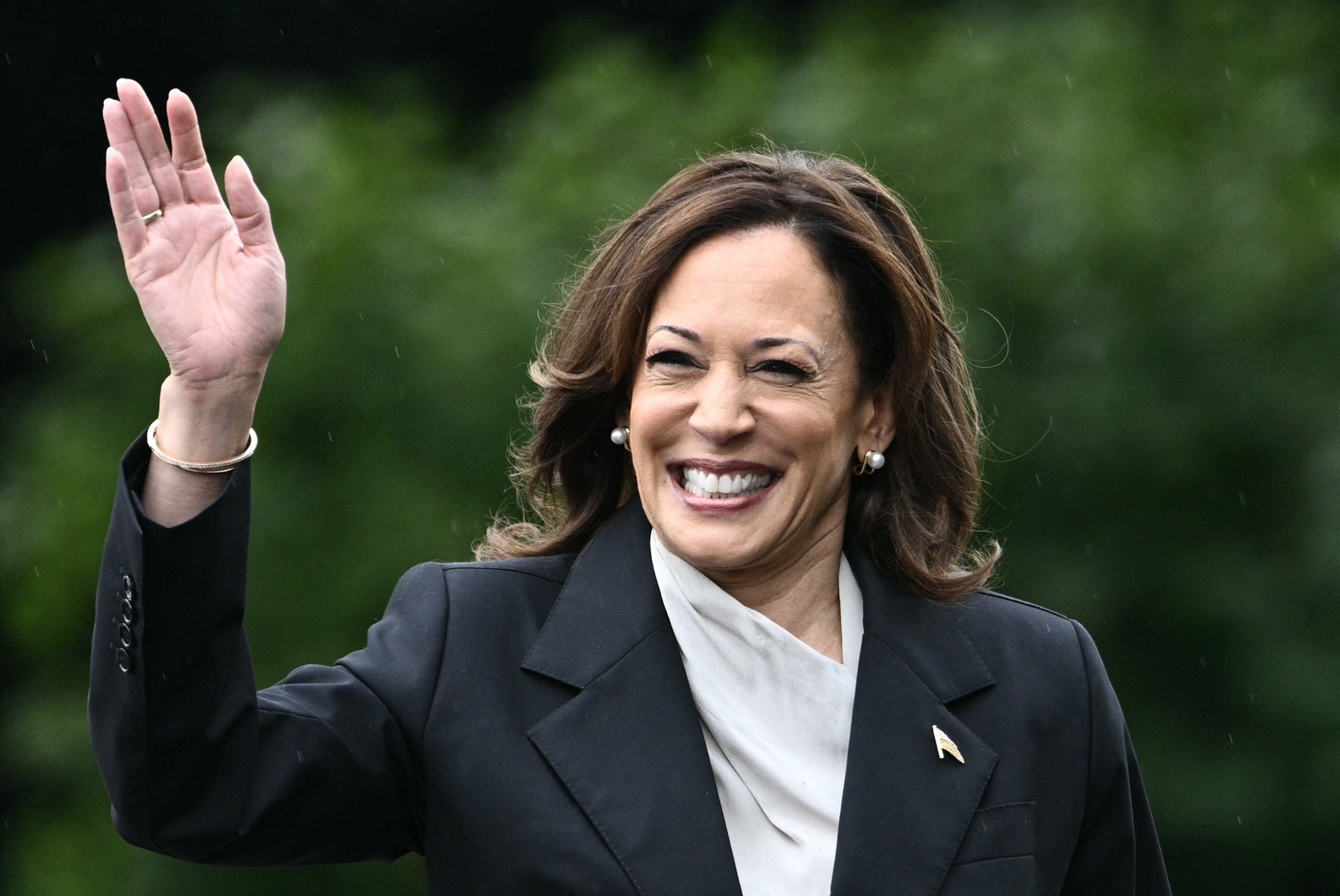Could anything stop Kamala Harris becoming the Democratic election candidate?
Democrats are keen to restore unity after the division over Joe Biden’s candidacy. But as Mary Dejevsky explains, Kamala Harris could still face an internal challenge to her historic bid for the White House


When Joe Biden announced that he was abandoning his campaign for a second presidential term, he endorsed vice-president Kamala Harris to replace him as the Democratic nominee. While this smoothes her path to the nomination, it does not absolutely guarantee that she will secure it.
Why can’t Biden decide who should replace him?
It would be a lot simpler if he could. But even the official nominee, as Biden was, cannot just designate a replacement if stepping down, for whatever reason.
Winning a party’s presidential nomination is the result of half a year of primaries and caucuses at state level that are part and parcel of US democracy. The process gives state-level legitimacy to the nominee eventually chosen. This year, the process was not as visible or protracted as it often is, because Donald Trump was the outright favourite for the Republican nomination and Biden, as the incumbent president, faced almost no opposition from his party so nominations were decided early.
In the event a nominee needs to be replaced, there is no time for the whole process to be repeated. But the principle that states decide on the nomination for the federal office of president is not something to be jettisoned lightly.
The president’s endorsement counts for a lot and has already encouraged other senior party figures to follow suit, making Harris the out-and-out favourite. But it is not the last word.
What about the money?
This is another major complication. Raising money is a big element in US elections, and it is often the candidate who raises the most money who wins. An exception was Donald Trump when he beat Hillary Clinton in 2016.
Most of the money goes to the individual campaign, not to the party. So, in theory, this has to be undone if there is a change of candidate. Biden cannot hand over all his campaign funds to Harris without the approval of donors, who tend to have a keen sense of the way the political wind is blowing. Donors halting their support for Biden was one of the factors that brought about the end of his re-election bid. Since his announcement, money has flowed to Harris, but an ability to raise funds will be a consideration for anyone thinking of challenging her for the nomination.
So what happens next?
Kamala Harris has said directly that she wants to earn the nomination. In other words, she would be prepared to compete with others. At present, it looks as though this will not be necessary; potential candidates – including California governor Gavin Newsom – have ruled themselves out, either not fancying a fight with Trump, or not wanting to jeopardise the incipient unity in the Democratic Party following Biden’s decision.
If she is the only declared candidate for the nomination, Harris will campaign as the de facto nominee until the party’s convention in Chicago in four weeks’ time. There, delegates from the states will vote to confirm her nomination – as they would have done with Biden if he had stayed in the race – and the nomination will be final.
Could something still go wrong for Kamala Harris?
Usually, the nomination vote is a formality. However, it is possible that the convention could offer an opportunity for anyone opposing Harris’s anointment to show their hand. In the event of such a challenge, there could be one or more hustings at the convention prior to the vote by state delegates. In this event, the convention can be the body that actually decides the nomination.
Is there any sign of a challenge to her nomination?
At present, senior Democrats appear so desperate to heal the division over Biden’s capacity to serve another term that there is little overt opposition to Harris’s nomination. Support from Bill and Hillary Clinton has been particularly significant. However, there is one person whose intervention appears to have been decisive in forcing Biden to pull out who has yet to endorse Harris: Barack Obama – whose wife, Michelle, was incidentally one of those named as a potential replacement. This might suggest that Harris’s nomination is not quite in the bag.



Join our commenting forum
Join thought-provoking conversations, follow other Independent readers and see their replies
Comments